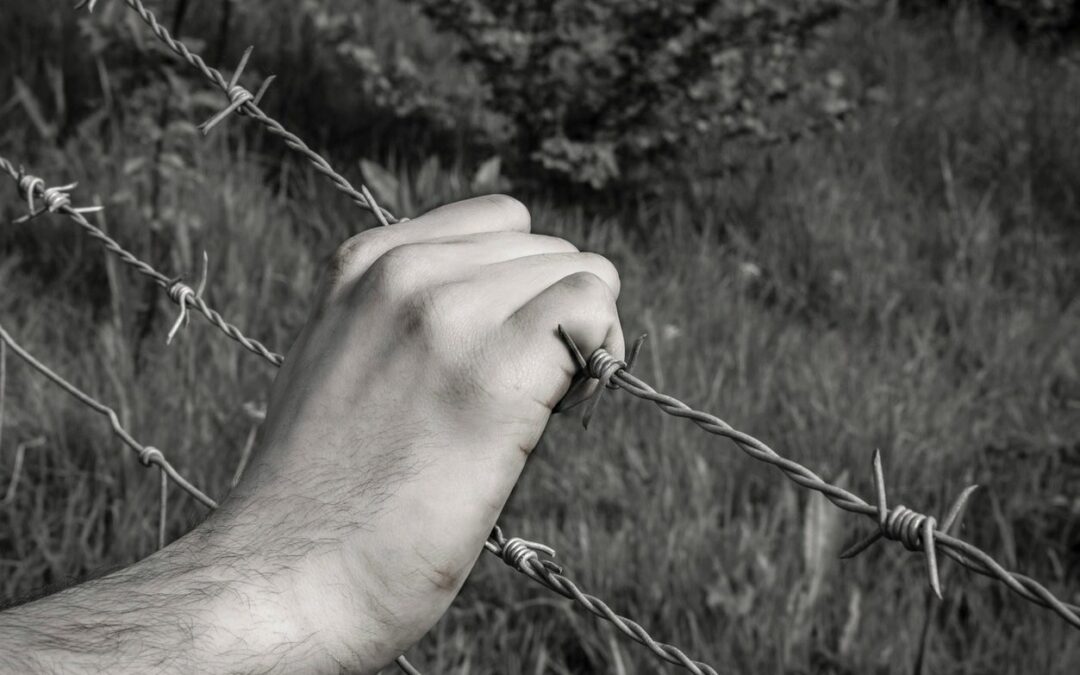To put a pretty fine a point on it, I really hate the word resiliency*. I’m resilient. You are too. We all have some ability to adapt after stress (whether it feels that way or not); none of us would be here without it. I’ve used these words often in my speaking and writing. I try to find the balance to talk about it, but it’s a tricky concept. Because using the word resilience doesn’t mean we’re all ok.
Quite often people don’t feel resilient, especially after trauma. And despite our best efforts, it’s hard not to compare resiliency levels. When I saw people healing from the very same trauma I’d experienced faster than I was, I was devastated. Not for them, but for what it meant for me. Why wasn’t I feeling better? Why couldn’t I just shake it off? I didn’t understand resiliency at the time. I still remember the first time after the bombing that someone told me about the concept of resiliency – I looked at him with loathing for talking about something so inaccessible to me; for talking about a concept that so clearly meant I wasn’t healing.
Having said all that, personal resiliency isn’t what gets to me, really. I understand it now, even when I’m not feeling it. What bothers me most is how organizations and cities seem to use the words resilient and resiliency. Often it comes across as glossing over the pain people in the community experience.
In the immediate aftermath of tragedy, instantly pivoting to talk about resiliency and strength risks alienating those who are most traumatized – those who most need extra care and attention. In the long term, assuming resiliency and strength is a problem, too – people’s feelings don’t change overnight and they don’t go away on any set time table after trauma. The emotional pain can last for years.
Recently I’ve been involved with a group to talk about the aftermath of violence. Several survivors and a victim services professional talked in detail about how important it is that those in charge are careful about using the word resiliency or saying that the event made the community closer or stronger.
We don’t all feel that. And that assumption, that everyone feels strength or resiliency can be triggering and angering. And even marginalizing. When someone in power talks about how great it is that everyone is resilient, it immediately excludes those who don’t feel resilient. It shows them that the organization doesn’t understand trauma. That it doesn’t count, doesn’t even see, those who aren’t feeling resilient.
It’s a fine line, to help people understand that they and the community will bounce back, while at the same time acknowledging that people are in pain. To me, most of the messages of resiliency that come out of press offices and the mouths of officials are all about pretending something horrible didn’t just happen.
Or that it happened but it wasn’t that bad. So, can we please all move on.
Or the messages are designed to make themselves look good – yes, this bad thing happened but look how awesome we are in dealing with it.
To create truly trauma sensitive communications in the aftermath of violence and trauma is hard. It’s nuanced. It’s a difficult conversation. Being honest about both sides of recovery – the painful side and the healing side – shows vulnerability. And that just isn’t something organizations seem willing to do.
Sure, even early on after trauma there are actions and images and thoughts that show a group or community has resilience. It’s human nature to help each other, to rebuild and restore. We do have to move on. However, those press offices and officials in charge of messaging have to find a way to recognize, and acknowledge, that not everyone feels strong or resilient.
Communicate that message, too. Own it. Name it.
It’s ok that we don’t all feel ok, even years after a tragedy. It’s ok to acknowledge that, to shout it from the rooftops. In fact, it’s more than ok. It’s necessary to acknowledge that we don’t all feel ok to truly help everyone. And to truly build resiliency – in individuals and for your community.
*The original title of this piece was F@#& Resiliency

